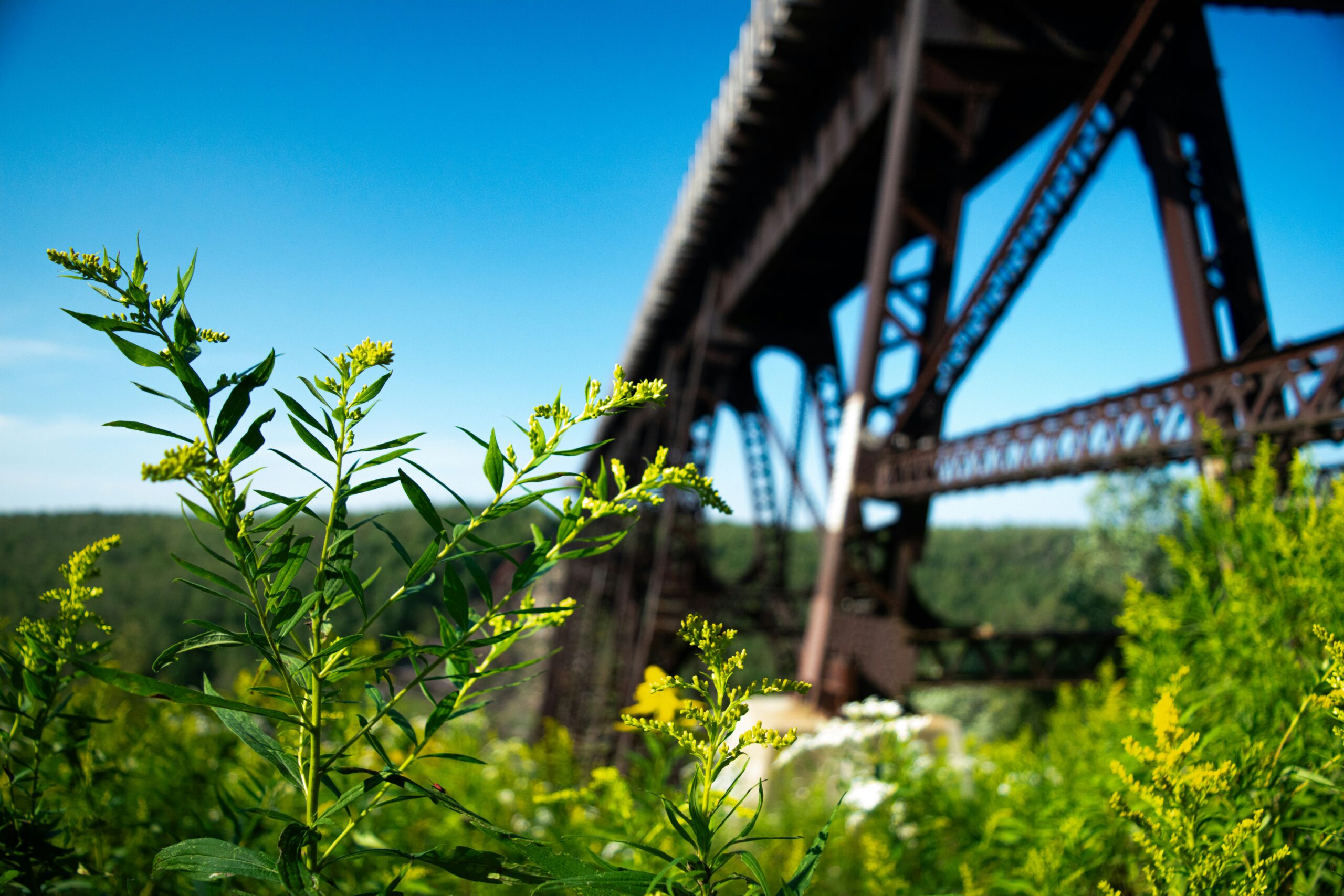
Blog
Outdoor Equity: Ensuring Outdoor Access for Incarcerated People
February 13, 2024
This piece was written by Kiri Uhland, NCEL Communications Intern. Kiri is an undergraduate student at the University of Denver studying International Relations and Sustainability.
Overview
Over 80% of incarcerated people in the United States are held in state facilities. Yet, only 10 states have a minimum requirement for time spent outdoors. Alaska, Georgia, Massachusetts, Nebraska, New Jersey, New York, Pennsylvania, Virginia, Washington, and West Virginia all have minimum requirements ranging from five to seven hours per week. This year, Wisconsin joins a growing trend of states ensuring the right to access the outdoors for all.
Recreation programs, especially outdoors, can reduce mental health and physical health costs for corrections. A 2017 U.S. Department of Justice analysis notes that correctional programming, including recreational time outdoors, offers a high return on investment by reducing misconduct and reducing recidivism. Studies show that maintaining mental health while incarcerated can result in reducing recidivism by half.
Bill Spotlight
Wisconsin legislators introduced AB 814/SB 776 late last year, and await a reading on the floor. The bill sets a minimum requirement for outdoor access in both state and county correctional facilities of three hours per week – a first step towards outdoor access equity.
Wisconsin legislators also collaborated to introduce AB 804, which ensures residential cells on exterior walls include a window to the outdoors. Seeing the outdoors is well-documented to promote mental health, civic responsibility, and learning. With limited outdoor ventilation and lack of climate controls, prisons and jails are also at growing risk of deadly temperatures; AB 757 requires the state to plan ahead to prevent deadly heat and cold in state and county facilities.
Legal Context
The American Bar Association, the U.N. Standard Minimum Rules for the Treatment of Prisoners (Nelson Mandela Rules), and the Association for the Prevention of Torture all recommend a minimum of one hour outdoors daily, weather permitting, as part of minimum humane standards for detention and incarceration.
U.S. courts typically uphold imprisoned peoples’ rights to outdoor access, and have sometimes considered lack of access to the outdoors to be cruel and unusual punishment or a serious deprivation of human rights. However, the Ninth and Tenth Circuit Courts remain split on whether the denial of access infringes upon the 8th Amendment’s “cruel and unusual punishment” clause.
Benefits of Outdoor Access
Access to the outdoors and exposure to sunlight have been associated with increased health benefits and even a longer lifespan. Spending time outdoors can lead to reduced PTSD and stress, improved concentration, and promoting overall well-being. Studies have shown that just one hour in sunlight can contribute to a lower lifetime risk of depression, less loss of pleasure, and greater self-reported happiness.